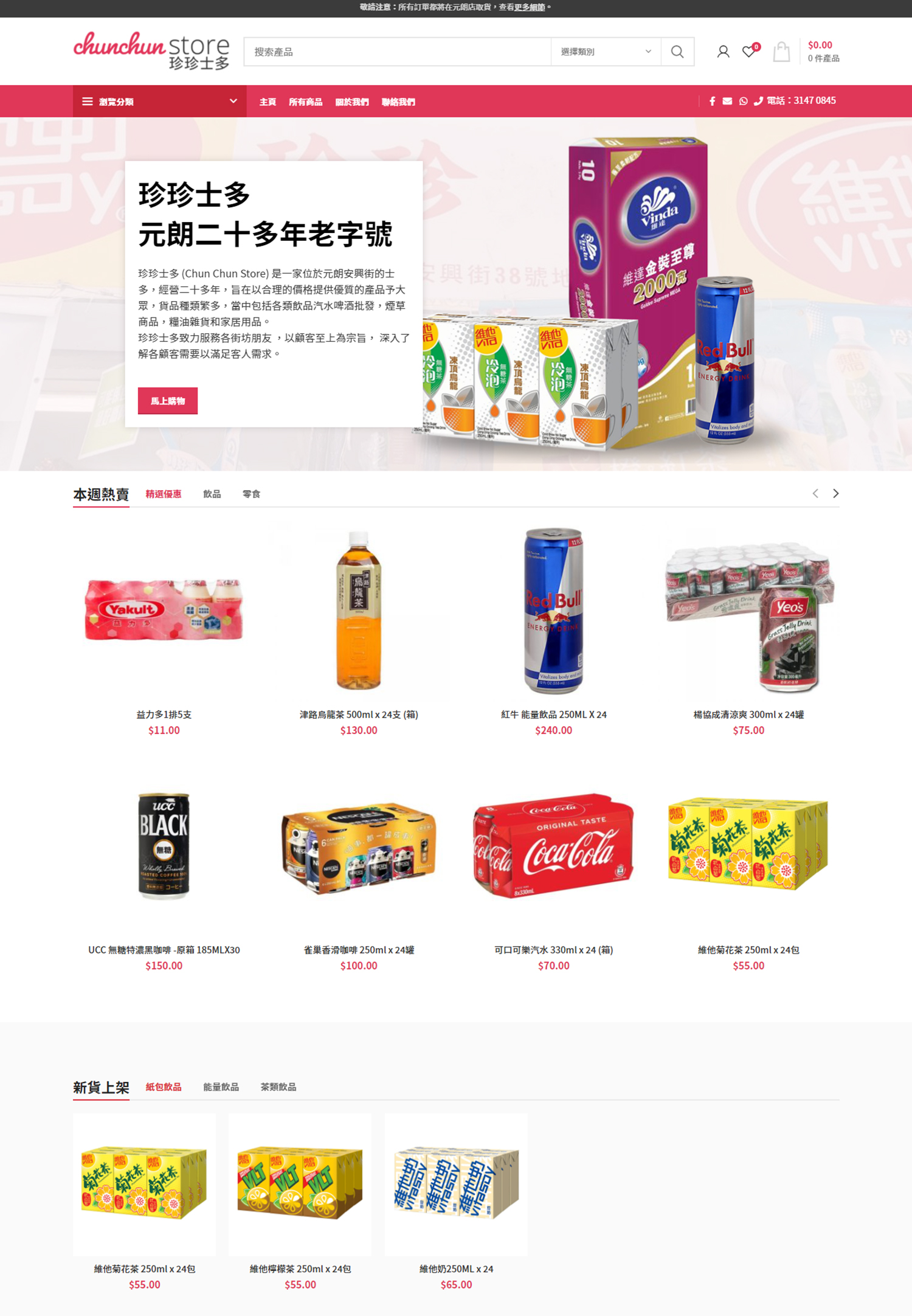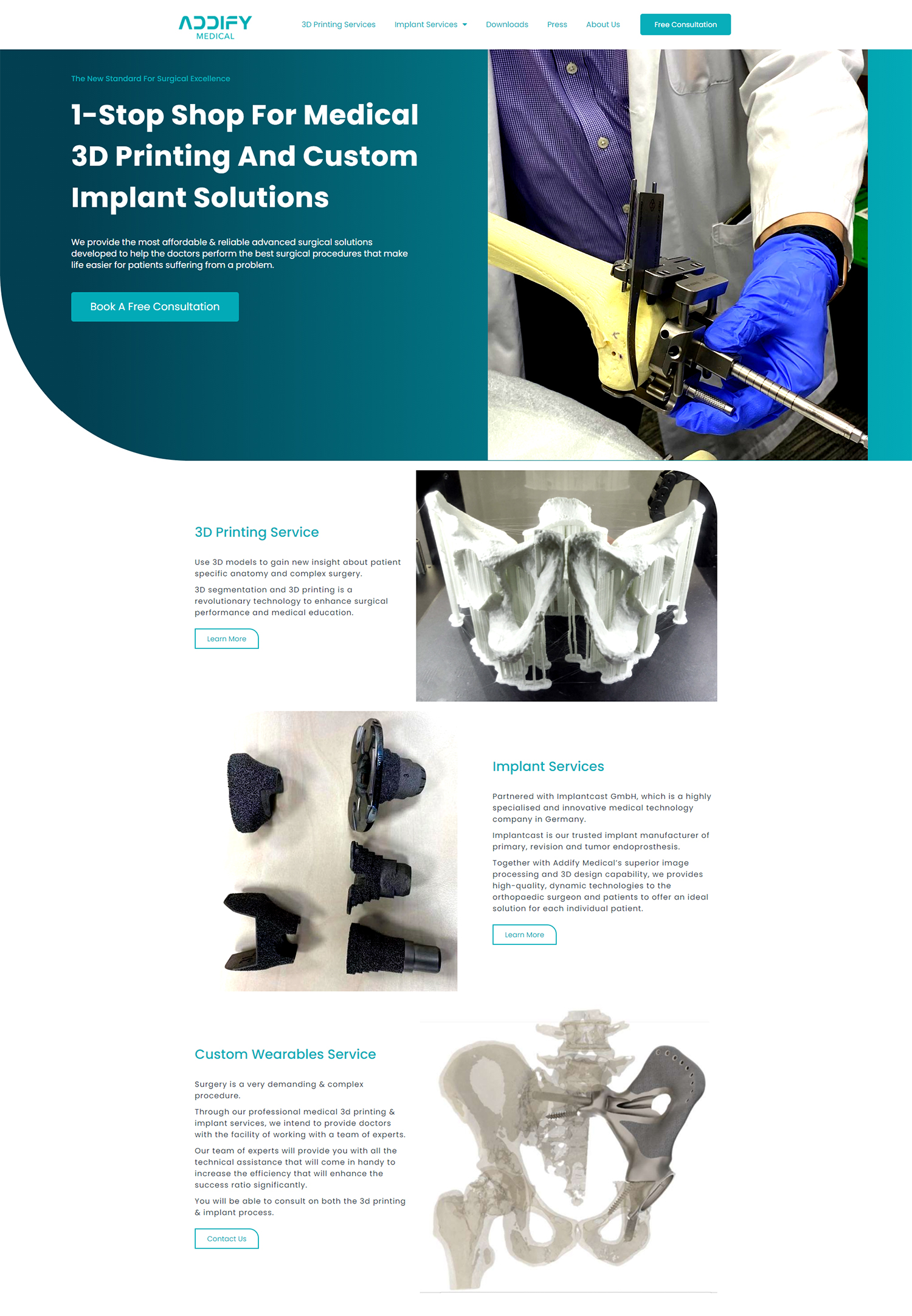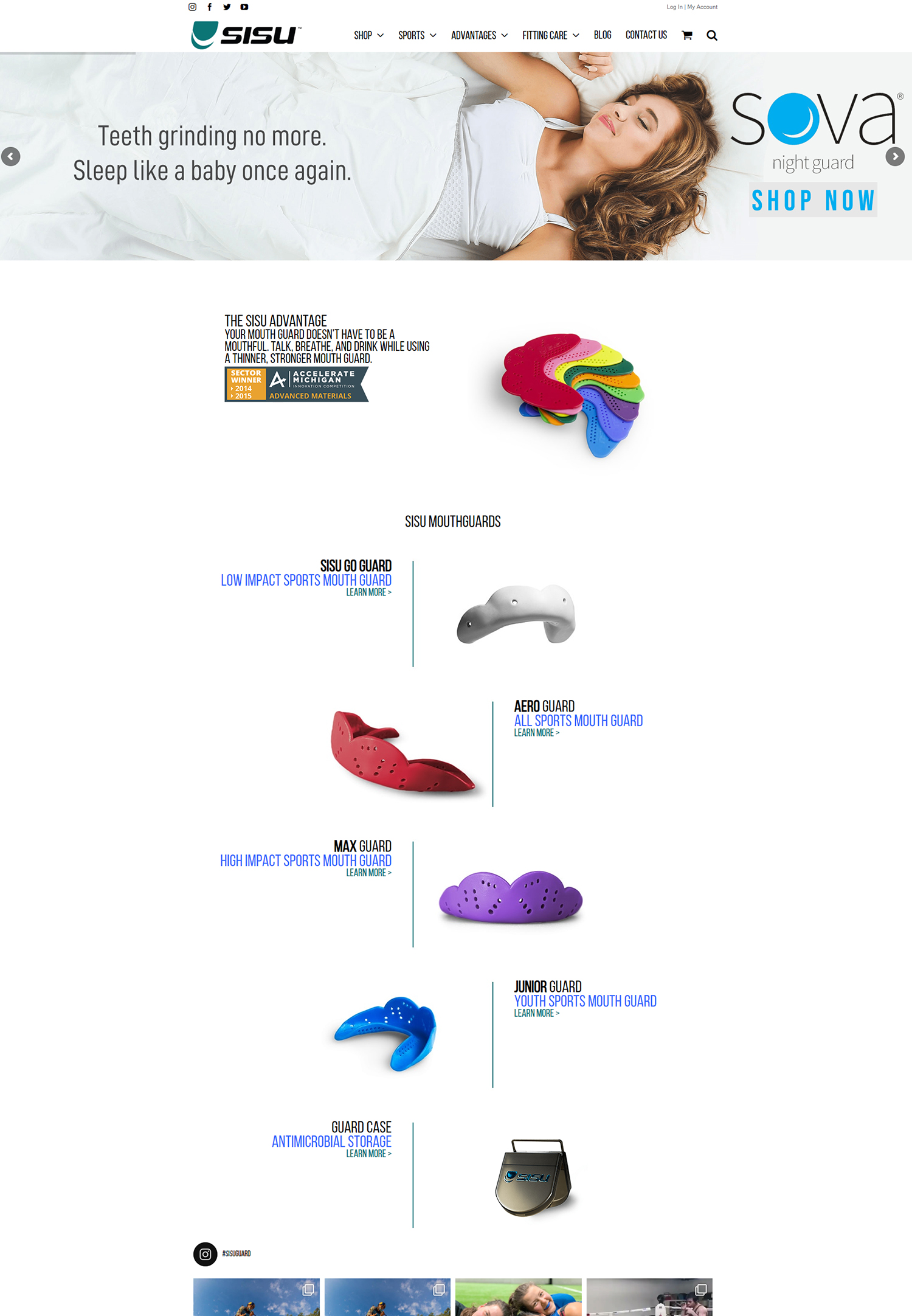In the contemporary business landscape, a digital marketing agency serves as a vital partner for companies seeking to enhance their online presence and engage effectively with their target audience. These agencies specialize in various aspects of digital marketing, including search engine optimization (SEO), social media management, content creation, email marketing, and pay-per-click (PPC) advertising. By leveraging their expertise, businesses can navigate the complexities of the digital world, ensuring that their marketing efforts are not only effective but also aligned with current trends and consumer behaviors.
Digital marketing agencies bring a wealth of knowledge and experience to the table. They are equipped with the latest tools and technologies that allow them to analyze market trends, consumer preferences, and competitive landscapes. This data-driven approach enables them to craft tailored marketing strategies that resonate with specific audiences.
For small businesses, which often lack the resources to maintain an in-house marketing team, partnering with a digital marketing agency can provide access to a broader range of skills and insights that would otherwise be unattainable.
Key Takeaways
- A digital marketing agency can help small businesses reach their target audience and increase online visibility.
- Small businesses should assess their marketing needs and goals before choosing a digital marketing agency.
- When selecting a digital marketing agency, small businesses should consider factors such as expertise, experience, and track record.
- It is important for small businesses to communicate clear goals and expectations with their digital marketing agency to ensure alignment and success.
- Leveraging social media and content marketing can help small businesses grow and engage with their audience effectively.
Identifying Your Small Business’s Marketing Needs
Before engaging with a digital marketing agency, it is crucial for small businesses to conduct a thorough assessment of their marketing needs. This involves understanding the unique challenges they face in their industry, identifying their target audience, and determining the most effective channels for reaching that audience. For instance, a local bakery may benefit from a strong presence on social media platforms like Instagram and Facebook, where visually appealing content can attract customers.
In contrast, a B2B software company might prioritize LinkedIn for lead generation and networking. Additionally, small businesses should evaluate their current marketing efforts to identify gaps and opportunities for improvement. This could involve analyzing website traffic, social media engagement metrics, and conversion rates from existing campaigns.
By pinpointing areas that require attention, businesses can communicate their specific needs to the digital marketing agency, ensuring that the strategies developed are relevant and impactful. This self-assessment not only clarifies objectives but also sets the stage for a more productive partnership.
Choosing the Right Digital Marketing Agency for Your Small Business
Selecting the right digital marketing agency is a critical decision that can significantly influence a small business’s success. When evaluating potential agencies, it is essential to consider their expertise in your specific industry and their track record of delivering results for similar clients. A well-established agency with experience in your niche will have a deeper understanding of your market dynamics and customer behavior, which can lead to more effective strategies.
Moreover, small businesses should assess the agency’s approach to communication and collaboration. A good agency will prioritize transparency and maintain open lines of communication throughout the partnership. This includes regular updates on campaign performance, insights into strategy adjustments, and opportunities for feedback.
Additionally, it is beneficial to look for agencies that offer customized solutions rather than one-size-fits-all packages. Tailored strategies are more likely to address the unique challenges faced by your business and yield better results.
Setting Clear Goals and Expectations with Your Digital Marketing Agency
| Metrics | Definition | Importance |
|---|---|---|
| Client Objectives | The specific goals and targets that the client wants to achieve through digital marketing efforts. | Setting clear client objectives helps the agency understand the client’s expectations and deliver results accordingly. |
| Key Performance Indicators (KPIs) | Quantifiable measures used to evaluate the success of digital marketing campaigns in relation to the client’s objectives. | Establishing KPIs ensures that both the agency and the client are aligned on what success looks like and how it will be measured. |
| Timeline | The specific time frame within which the client expects to see results from the digital marketing efforts. | Having a clear timeline helps manage expectations and ensures that the agency’s efforts are aligned with the client’s desired timeframe. |
| Communication Plan | The agreed-upon frequency and method of communication between the client and the digital marketing agency. | Establishing a communication plan ensures that both parties are regularly updated on the progress and performance of the digital marketing activities. |
Once a small business has chosen a digital marketing agency, establishing clear goals and expectations is paramount for a successful collaboration. This process begins with defining specific, measurable objectives that align with the overall business strategy. For example, a small e-commerce store might aim to increase online sales by 30% over the next six months or grow its email subscriber list by 50% within a year.
These goals should be realistic yet ambitious enough to drive meaningful progress. In addition to setting goals, it is essential to outline expectations regarding communication frequency, reporting formats, and key performance indicators (KPIs). Regular check-ins can help ensure that both parties remain aligned on objectives and can address any challenges that arise promptly.
By fostering an environment of accountability and transparency, small businesses can maximize the effectiveness of their digital marketing efforts while building a strong working relationship with their agency.
Leveraging Social Media and Content Marketing for Small Business Growth
Social media platforms have become indispensable tools for small businesses looking to connect with customers and build brand awareness. By leveraging platforms such as Facebook, Instagram, Twitter, and LinkedIn, businesses can engage directly with their audience through interactive content, promotions, and community-building initiatives. For instance, a local restaurant might use Instagram Stories to showcase daily specials or behind-the-scenes kitchen activities, creating a sense of connection with its followers.
Content marketing also plays a crucial role in driving traffic and establishing authority within an industry. By creating valuable content—such as blog posts, videos, infographics, or podcasts—small businesses can position themselves as thought leaders while providing useful information to their audience. For example, a fitness studio could publish articles on health tips or workout routines that not only attract potential clients but also encourage existing members to engage more deeply with the brand.
When combined effectively with social media strategies, content marketing can significantly enhance customer loyalty and brand recognition.
Utilizing SEO and SEM Strategies to Increase Online Visibility
Search engine optimization (SEO) and search engine marketing (SEM) are critical components of any digital marketing strategy aimed at increasing online visibility. SEO involves optimizing website content and structure to improve organic search rankings on platforms like Google. This includes keyword research, on-page optimization (such as meta tags and alt text), and building high-quality backlinks.
For small businesses, effective SEO can lead to increased website traffic without incurring ongoing advertising costs. On the other hand, SEM encompasses paid advertising strategies such as Google Ads that allow businesses to appear at the top of search results for specific keywords. This approach can yield immediate visibility and drive targeted traffic to a website.
For instance, a small plumbing service might use SEM to target local customers searching for emergency plumbing services in their area. By combining both SEO and SEM strategies, small businesses can create a comprehensive online presence that attracts potential customers at various stages of the buying journey.
Measuring and Analyzing the Success of Your Digital Marketing Campaigns
To ensure that digital marketing efforts are yielding desired results, it is essential for small businesses to measure and analyze campaign performance regularly. This involves tracking key metrics such as website traffic, conversion rates, click-through rates (CTR), and return on investment (ROI). Utilizing tools like Google Analytics can provide valuable insights into user behavior on your website, helping identify which strategies are working effectively and which may need adjustment.
Moreover, analyzing data allows businesses to make informed decisions about future marketing initiatives. For example, if an email campaign shows high open rates but low click-through rates, it may indicate that while the subject line was compelling, the content or call-to-action needs refinement. By continuously monitoring performance metrics and adjusting strategies accordingly, small businesses can optimize their digital marketing efforts for sustained growth.
Building Long-Term Relationships with Your Digital Marketing Agency
Establishing a long-term relationship with a digital marketing agency can provide significant advantages for small businesses. A sustained partnership allows for deeper collaboration and understanding between both parties, leading to more effective strategies over time. As the agency becomes more familiar with the business’s goals, target audience, and market dynamics, they can develop increasingly tailored campaigns that drive better results.
Furthermore, long-term relationships foster trust and open communication channels that facilitate innovation and experimentation in marketing strategies. Small businesses can benefit from ongoing insights into emerging trends or new technologies that could enhance their marketing efforts. By viewing the agency as an extension of their team rather than just a service provider, small businesses can cultivate a collaborative environment that encourages creativity and adaptability in an ever-evolving digital landscape.






























